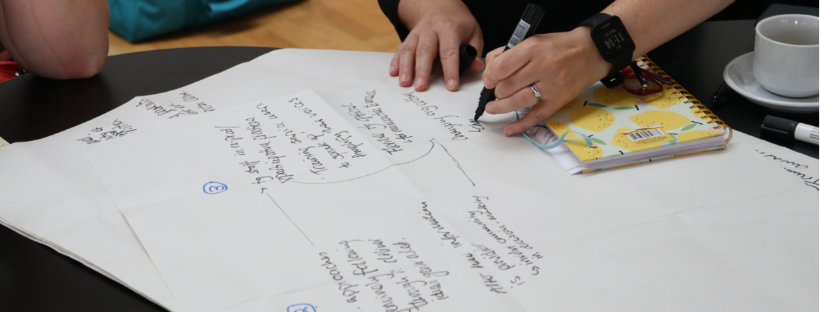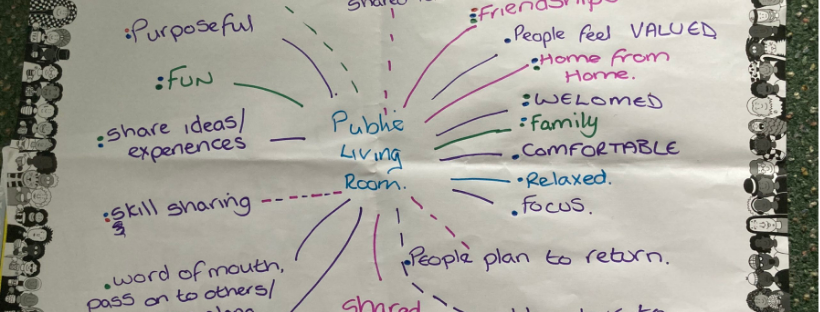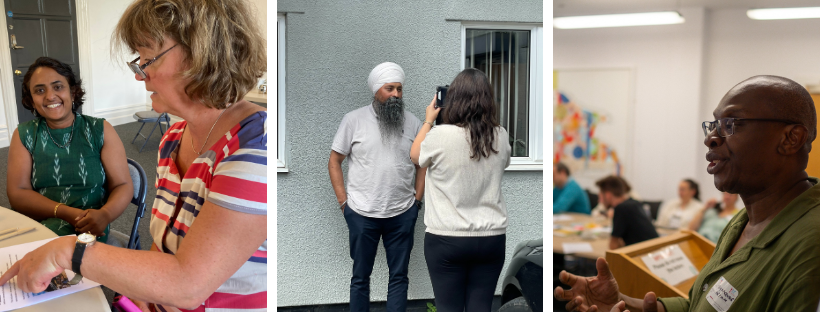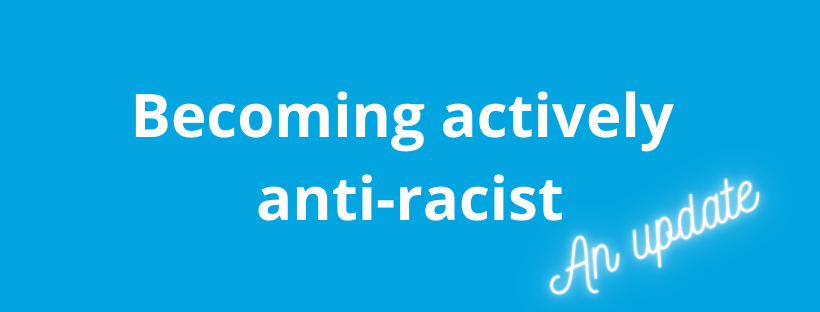OUR LEARNINGS FROM VISION FOR VOLUNTEERING

People’s Voice Media were commissioned as a learning and evaluation partner for Vision for Volunteering as they carried out the second phase of their project – which seeks to create a better future for volunteering – between April 2023 and March 2024. We followed an iterative learning structure, working collaboratively with the Vision team to make sense of the complex environment in which the Vision is operating and trying to create change. Our aim was to not only evaluate the work carried out so far, but also to create a learning strategy that the Vision team could use going forward to continuously learn as the project forges ahead. Having recently submitted our final report and strategy to the team, we have been reflecting on some of the tools we have used and how we might utilise them in order to work towards our own People’s Voice Media strategic goals.
With Vision for Volunteering, we used a combination of tools to gather data from the project itself and the wider volunteering ecosystem. These included:
- Stories of lived experience
- Ripple Effect Mapping
- Events data (spectrum lines, surveys, feedback cards, etc.)
- Statistics and KPIs from the project team
As well as analysing each data set individually, we also synthesised it under the five themes of the Vision for Volunteering project: Awareness & Appreciation, Power, Equity & Inclusion, Collaboration, and Experimentation. As the volunteering sector is complex and non-linear, and the themes are high concept, it would not make sense to use a traditional Theory of Change in order to measure the impact of the project and plan future steps. Instead, we opted for a Vector Theory of Change (VToC) in order to produce Direction of Travel maps. Directions of travel for each thematic vision were established and in each learning cycle, insights from the learning tools were plotted against the axes. The data points are then grouped together where trends emerge. From this, in each project learning cycle, an understanding of the current state of play can be re-established. This enables the identification of adjacent possibilities within the context of the current volunteering ecosystem. These adjacent possibilities are the closest realisable next steps in how to move in the direction of travel needed to achieve the specific thematic vision. This is the compass for the strategic direction. The ensuing steps can then be followed in order to transform this into action.
This approach allows for flexibility, adjusting your plan to work with the current state of play. It also allows for the development of small steps that work towards bigger change.
As we used the VToC method for our partners, it became increasingly apparent to the People’s Voice Media team that we could benefit from this approach when working on our own strategic goals. It would give us the flexibility we need while giving us space to reflect on each learning cycle and decide on our own adjacent possibilities. Inspired by our work on this project, we will be seeking to use a VToC in our next Annual Learning Report (to be published later this year) and make it an integral part of our strategy work going forward.
We’re very excited about this development in our learning and look forward to sharing the outcomes.


